A Dundee care home boss says Sir Keir Starmer’s changes to the UK’s immigration system will force operators to reduce the number of council-funded places.
The prime minister unveiled plans on Monday to ban recruitment of care workers from overseas.
It prompted outcry from social care sector leaders who say they are reliant on foreign labour.
Dr Robert Kilgour, chairman of Renaissance Care, which operates care homes in Blairgowrie and Dundee, says he has been “shocked” by the UK Government’s treatment of the sector.
He accused the Labour administration of a “knee jerk” reaction to the success of Nigel Farage’s anti-immigration Reform UK.
‘It should be about people not politics’
“It should be about people not politics, and vulnerable people at that,” he said.
“I don’t think they’ve thought it through.”
Instead of a visa scheme for carers, firms will have to hire British nationals or extend existing visas. Sir Keir says his changes will “reduce immigration significantly”.
His government promises a new fair pay agreement for care staff to encourage British nationals to take roles in social care, but Home Secretary Yvette Cooper seemed unable to say how this would be funded when pressed.
Dr Kilgour says providers will have to reduce the number of council-funded places to meet the government’s demand of increasing wages to make caring more attractive to UK workers.
He says around 70% of residents in his homes are state-funded, though he is exploring ways of decreasing that.
Prime minister ‘two-faced’
He said: “It’s fairly two faced of the prime minister and the government to say this.
“On the one hand they’re saying we need to recruit more in the UK and we need to pay our staff more – both of those statements I’d be 100% in agreement with, I’d love to pay our staff more – but when your main customer won’t pay the true cost of care and pay you more, then what options do you have?
“I’m working on a few initiatives to reduce our dependency on local authority funding by bringing that percentage down.”
He says will look to eventually increase the number of privately funded residents to 50%.
If other providers adopted a similar approach to increase their income then it would inevitably make finding care harder for those who cannot afford to pay.
Dr Kilgour says operators may also be forced to announce further closures due to this latest “attack”.
“I know loads of operators are looking at closing homes. I closed one last month due to the National Insurance changes. I know of others with this latest attack by the government on the care sector.”
The care chief also says the changes will also make fixing problems in the NHS even more challenging.
‘Cannot fix NHS without fixing social care’
He added: “It’s a fact that you cannot fix the NHS without first fixing social care.
“But at every turn, they seem to be determined to make social care worse.”
Sir Keir accused industries of being “almost addicted to importing cheap labour” over investing in the skills of British workers.
“Every area of the immigration system, including work, family and study, will be tightened up so we have more control,” he said.
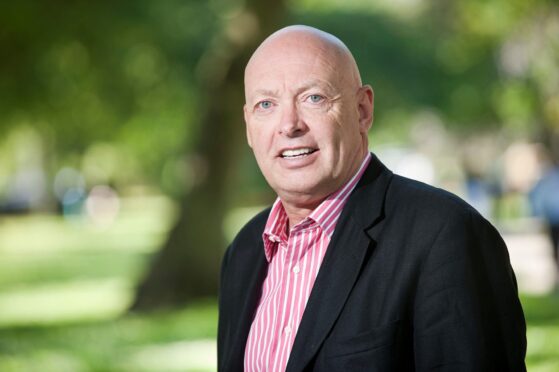
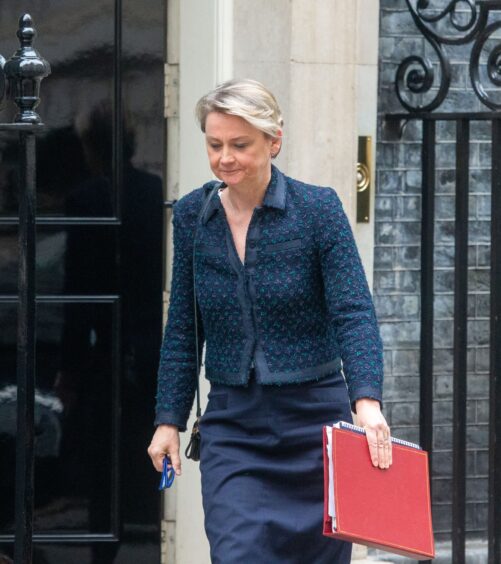
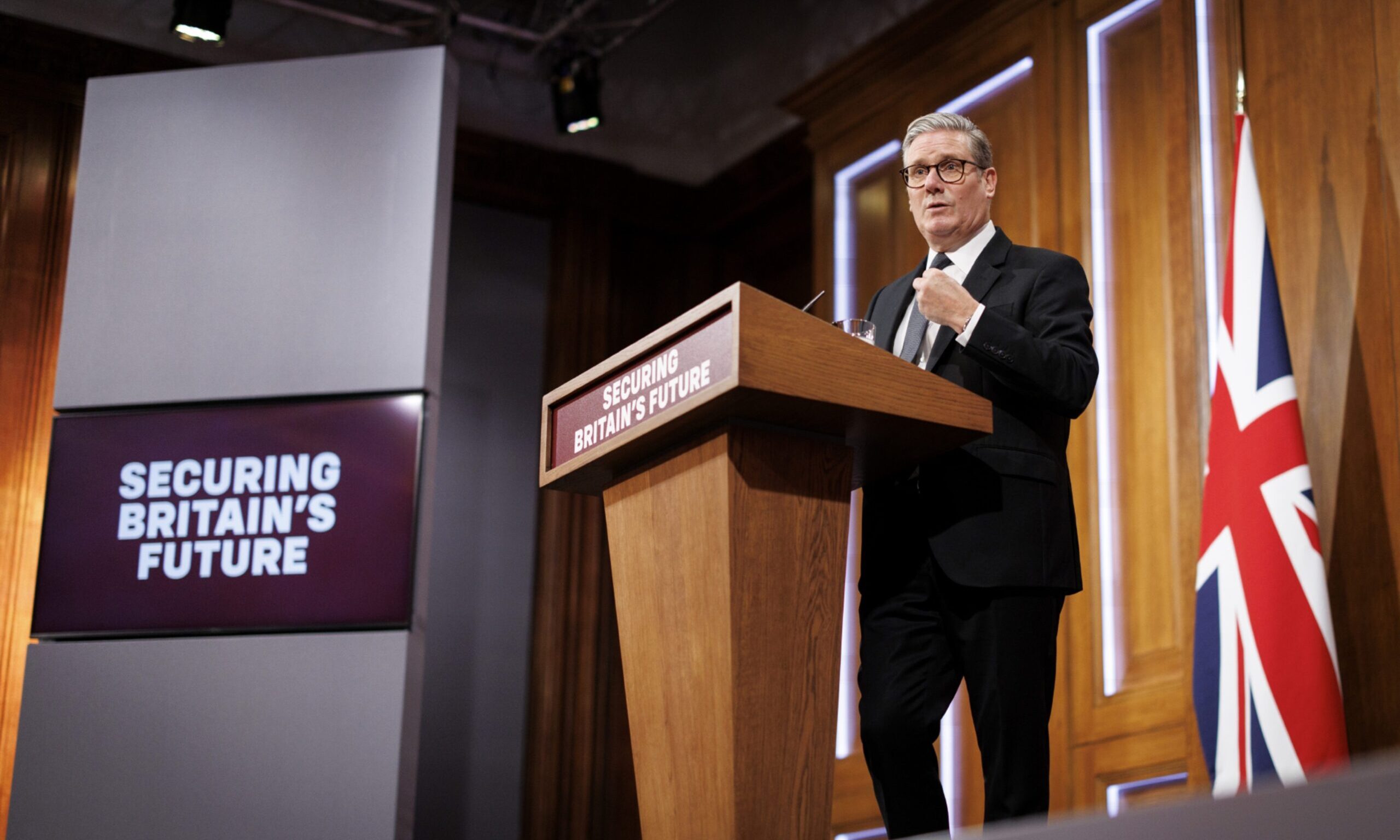
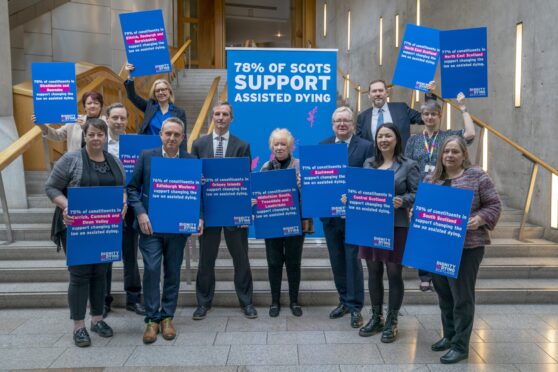

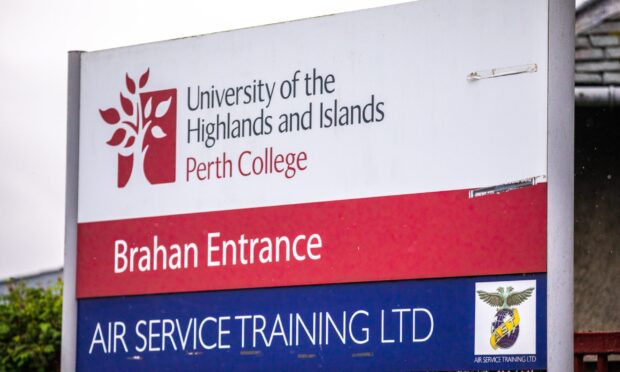

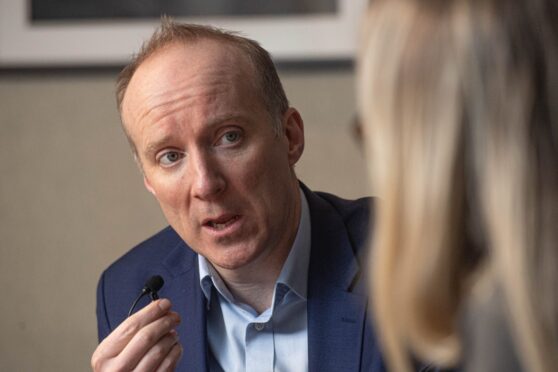
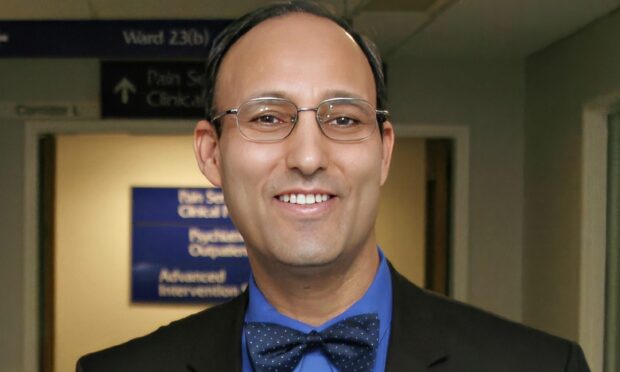
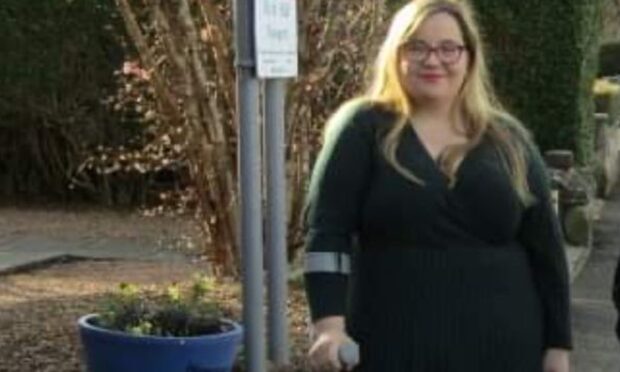



Conversation